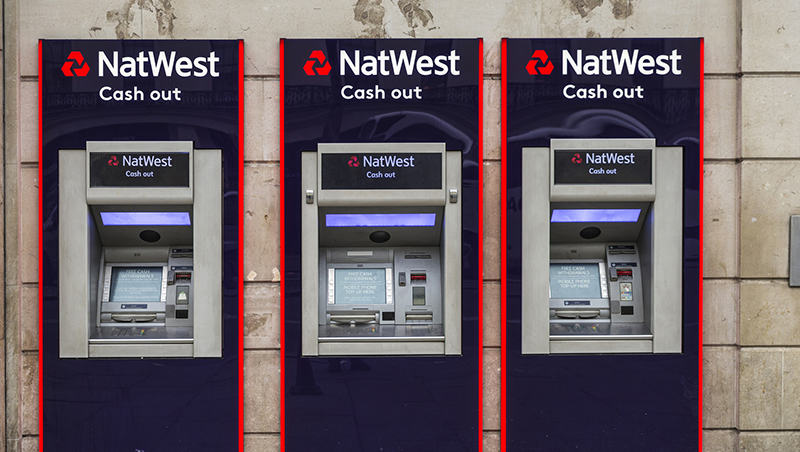Chancellor Jeremy Hunt has announced plans to begin selling some of the government’s shares in Natwest to the public “at the earliest opportunity” this summer, subject to supportive market conditions.
The government owns around a third of Natwest, which was bought in 2008 to rescue Royal Bank of Scotland. The share sale could raise up to £4bn for the government.
In his speech announcing the Spring Budget today (6 March), Hunt said he wanted to create opportunities for a “new generation of retail investors” to promote engagement with the stockmarket.
Susannah Streeter, head of money and markets at Hargreaves Lansdown, said: “There is likely to be strong interest in the Natwest share sale, which will be the highest profile public share offer since the Royal Mail IPO more than a decade ago.
“Giving retail investors the opportunity of a slice of ownership in Natwest is a welcome move, given that they have been left out of previous sales, which have been reserved for institutional investors.
“Prospects are looking up for the bank after a tumultuous year when it lost both its CEO and chair and the valuation has been under some pressure ever since. But with an attractive entry point, some easing headwinds and strong capital levels, the bank’s current situation is likely to spark enthusiasm.”
Natwest’s share price hit a six-month high immediately after the budget speech, rising 1.8% since the start of the day’s trading to hit £2.54 at 2pm.
Streeter added that although the UK banking sector has been unloved for some time, there are reasons to be optimistic.
“Performances may have peaked as interest rates look set to come back down over this year and next, which will put pressure on net interest margins, but there are some encouraging tailwinds emerging. We are continuing to see some resilience from the consumer which is a beneficial trend given that loans are a key source of income for banks and customer defaults are a risk.
“But the amount banks have had to set aside to cover bad loans, has been lower than expected. Plus, there’s been a return to real wage growth in the UK, which means pay is rising faster than inflation, and there’s a real chance default levels can remain low.
“There also seems to be a slowdown in the drive to shop around to get the best savings rates by moving deposits from low to higher interest bearing accounts. While this has been beneficial for consumers, it’s less profitable for banks but if this slowing trend continues it will ease some pressure on margins.”










